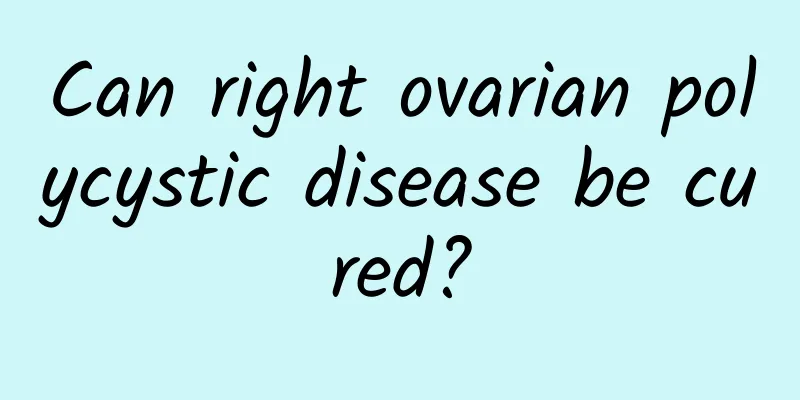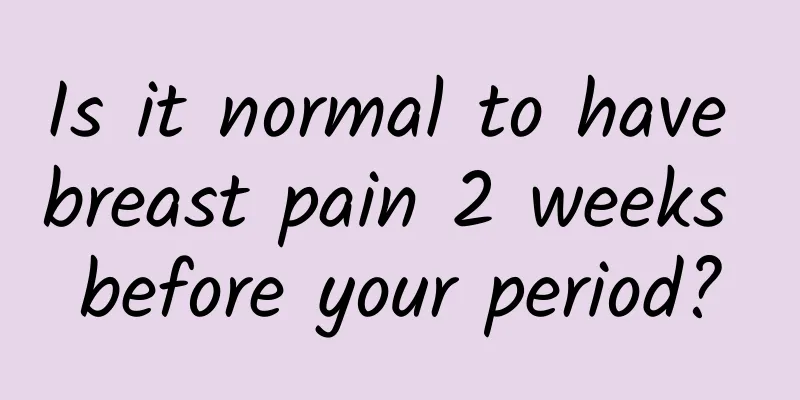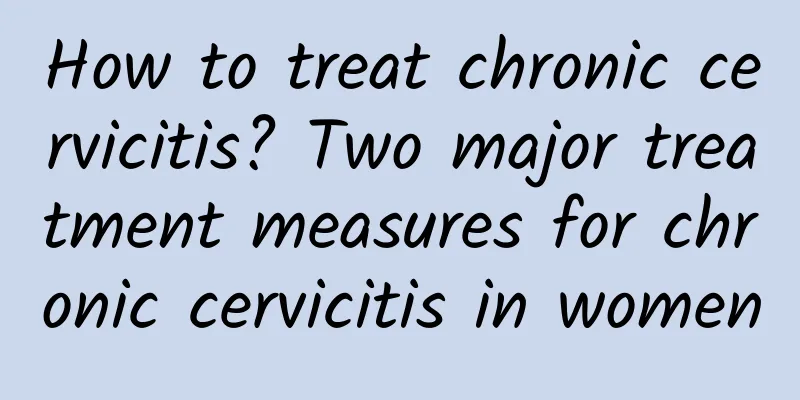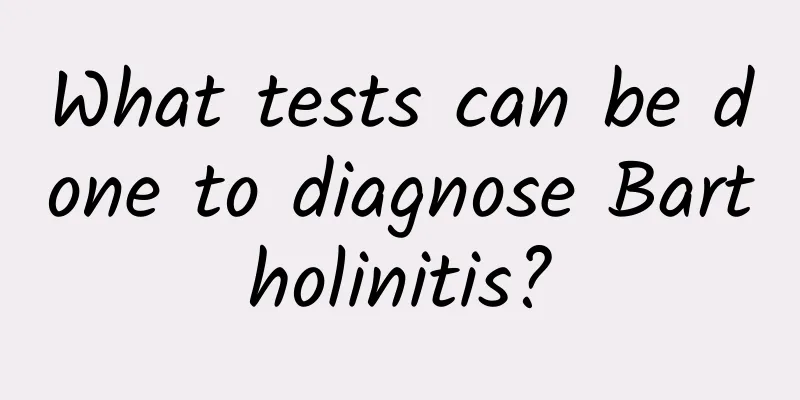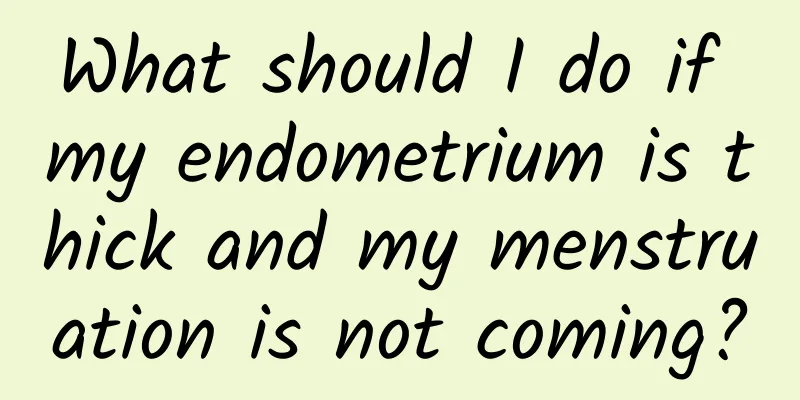What medicine can I take to eliminate uterine cysts?
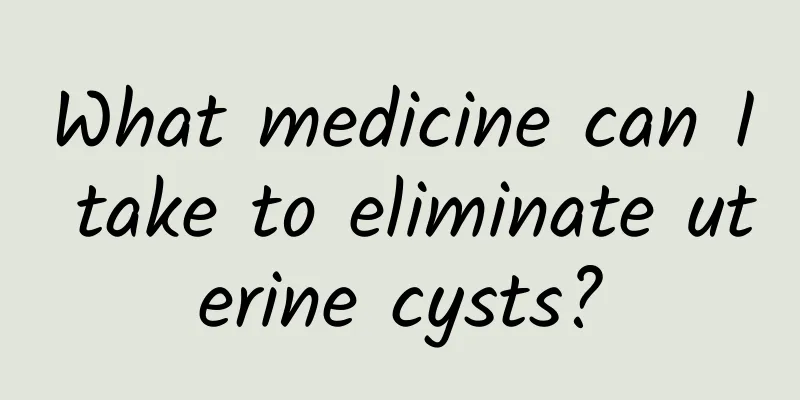
|
The treatment of uterine cysts depends on the type and symptoms of the cysts. Mild cysts may be relieved through medication, diet and lifestyle changes. In terms of medication, doctors may prescribe birth control pills, progesterone or Chinese patent medicines; in terms of diet, you should avoid spicy and greasy foods and eat more foods rich in fiber and vitamins; in terms of lifestyle, pay attention to regular work and rest and avoid overwork. 1. Drug treatment Contraceptive pills such as Marvelon and Diane-35 can regulate hormone levels and reduce cyst formation; progesterone drugs such as dydrogesterone can promote cyst absorption; Chinese patent medicines such as Guizhi Fuling Pills and Xiaoyao Pills can help relieve symptoms. These drugs should be used under the guidance of a doctor and should not be taken on your own. 2. Diet adjustment Diet can help relieve cysts. Patients should avoid spicy, fried, and high-sugar foods to reduce stimulation to the body. It is recommended to eat more fiber-rich foods such as oats and whole wheat bread to help regulate hormone balance; increase vitamin intake such as spinach and carrots to enhance immunity; and consume a moderate amount of high-quality protein such as fish and soy products to promote tissue repair. 3. Improve your living habits Good living habits can assist in the treatment of cysts. Maintaining a regular schedule and avoiding staying up late can help stabilize hormone levels; moderate exercise such as yoga and walking can promote blood circulation; reducing stress and avoiding excessive mood swings that affect the endocrine system; paying attention to personal hygiene to prevent infection. 4. Other matters needing attention Patients need to undergo regular B-ultrasound examinations to monitor changes in the cyst. If the cyst is too large or serious symptoms such as abdominal pain or bleeding occur, they should seek medical attention promptly to assess whether surgery is needed. Patients should avoid purchasing health products or folk remedies on their own to avoid aggravating the condition. The treatment of uterine cysts requires an individualized plan. Mild cysts can be relieved through medication, diet, and lifestyle adjustments, but this must be done under the guidance of a doctor. Patients should remain patient and have regular checkups. If symptoms worsen or the cyst continues to grow, they should seek medical attention in a timely manner to assess whether further treatment is needed. |
<<: Is the pregnancy inside the uterus ectopic?
>>: What are the sequelae of intrauterine adhesions after cesarean section?
Recommend
Is it necessary for patients with cervical erosion to undergo TCT examination? Two common senses about TCT examination of female cervical erosion
Adult women should be familiar with the phenomeno...
What are the causes of recurrence of ovarian cysts? Let's hear what experts say
Ovarian cysts must be treated effectively in the ...
How to recover after uterine fibroid surgery? How to recover after uterine fibroid surgery?
Uterine fibroids are common benign tumors of the ...
Attention to weight loss! Lack of these vitamins will make you lose weight
In order to lose weight, are you willing to endur...
Expert analysis: What are the symptoms of menstrual disorders?
Expert analysis: What are the symptoms of menstru...
3 great weight loss secrets! Burn 35% more calories
Studies have shown that protein is equivalent to ...
What are the hazards of Bartholinitis to patients?
What are the hazards of Bartholin's gland cys...
Routine Diagnosis of Hyperprolactinemia
What are the conventional methods for diagnosing ...
Can submucosal uterine fibroids be treated with medication?
Submucosal uterine fibroids usually cannot be com...
Endometriosis Treatment
Everyone may have heard of endometriosis. In fact...
Oil Myths! Good fats are good for your health and don’t make you fat
You know it's true, every woman I know needs ...
How to diagnose ectopic pregnancy with the help of some auxiliary examinations
Ectopic pregnancy is very harmful to women. It wi...
What are the causes of infertility caused by cervicitis?
Everyone knows that if cervicitis is not treated ...
Are functional uterine bleeding and irregular menstruation the same? How to treat it?
Dysfunctional uterine bleeding and irregular mens...
Experts analyze the causes of cervicitis
Cervicitis is a gynecological disease that occurs...
